Today, the news that Curacao successfully qualified for the World Cup has undoubtedly detonated the football world. A small Caribbean island can reach the highest level of world football. On the one hand, it naturally seizes the dividends of the era of World Cup expansion. On the other hand, it also benefits from its long-term persistence and effective development strategy, which is in line with the saying "Forefathers plant trees, and future generations enjoy the shade." Although it may be difficult for Curacao to make a shocking move in the US-Canada-Mexico World Cup where there are many wealthy teams, for them, being able to stand on this stage itself is a huge achievement that will be recorded in history. The World Cup will surely become more colorful because of these new faces.
How Curacao qualified for the World Cup
Compared with Suriname, which was the favorite before, it was defeated by Guatemala in the last round of the world preliminaries and collapsed. Curacao's strategy was correct and low-key. They were protecting the advantages they had accumulated before and tied with Jamaica 0-0. In this regard, they qualified for first place in Group B of the third round of the CONCACAF World Preliminaries and went straight to the World Cup.
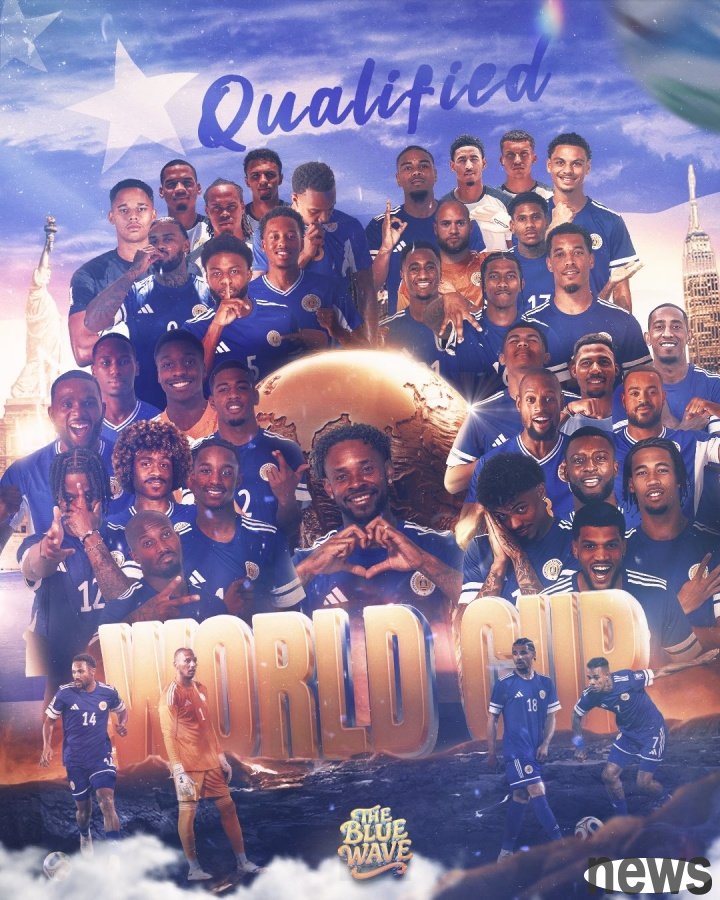
It should be said that this game is exciting enough! At the end of the game, Jamaica got a chance to shoot. As long as they score, the points will be reversed, and Jamaica will squeeze out Curacao's first place and qualify for promotion. However, just when the Curacao team was about to give up, the referee canceled the penalty kick based on VAR prompts. The foul did not exist! In this moment, the two teams took turns visiting heaven and hell. Fortunately, Curacao protected its advantage and successfully advanced.
Before the game against Jamaica, Curacao scored 11 points and performed well. With 3 wins and 2 draws, it remained unbeaten. It made sense to advance. The result of scoring 13 goals and conceding only 3 confirmed that they deserved the title.
However, Curacao, ranked 82nd in the world, is indeed not a strong team. In addition, their historical performance is very poor and they have not achieved such achievements at all. Therefore, this can be regarded as creating a new history. In this regard, they have broken records such as the smallest area and smallest population to participate in the World Cup. The outside world has also begun to wonder: What kind of place is this?
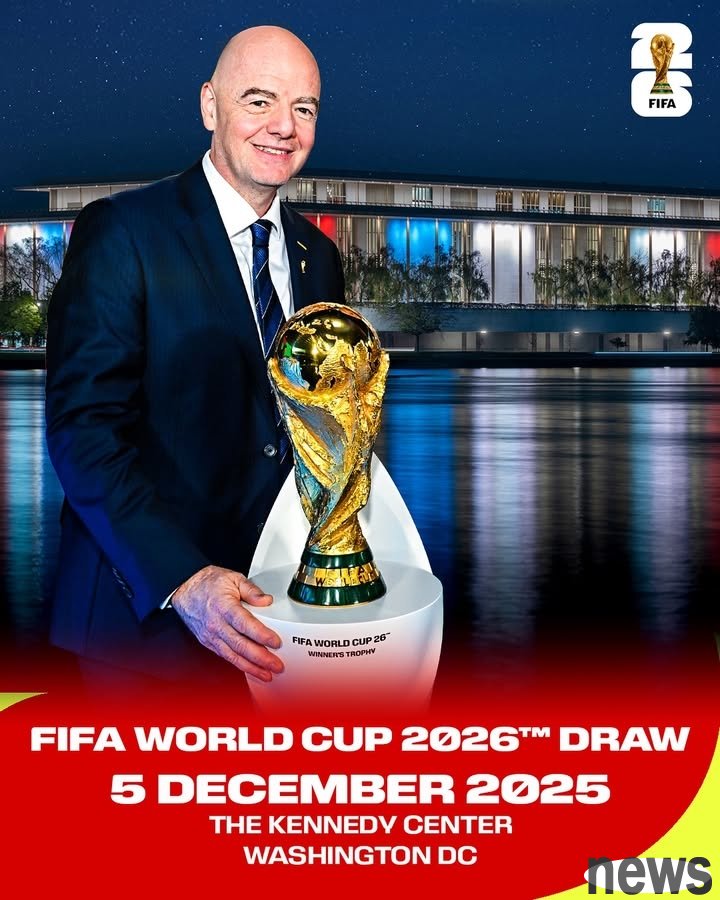
The history of Curacao: "Little Netherlands" deserves its name
Compared with Suriname we talked about before, the close relationship between Curacao and the Netherlands can be said to be an "upgraded" version. At first, Curacao, like most American countries, was an area where Indians lived. Among them, most of the people living here are Arawak. Historically, they relied on agriculture to develop, and they were also quite knowledgeable in cassava cultivation and the weaving of various cotton fabrics. Therefore, it can be regarded as a more developed area here.
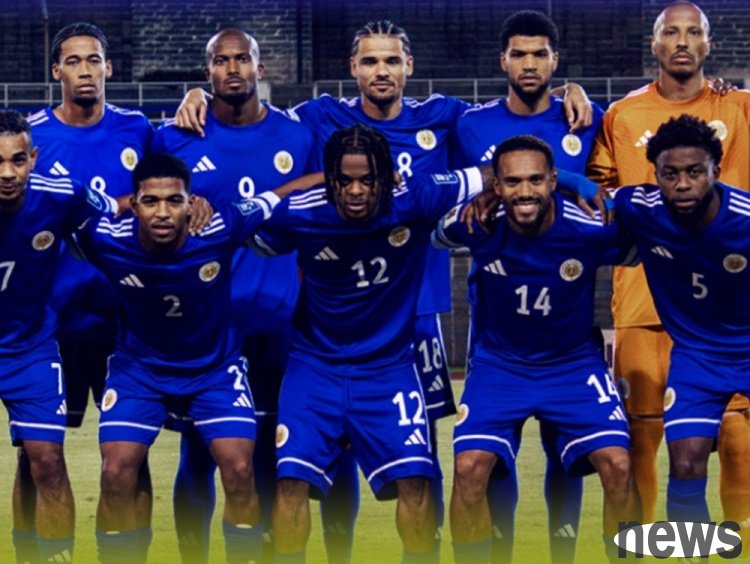
By 1499, the Spanish expedition completed its landing on the island and officially visited Curacao. After a series of wars in 1634, the Netherlands became the occupying power of Curacao and began its own colonial rule here. It should be said that the Dutch are indeed very good at business. After arriving in Curacao, they established the Willemstad Port, which became the foundation for the subsequent development of Curacao.

By the 17th century, Curacao became more and more prosperous. Because of the existence of the port, many merchants came here to conduct various trades. Inevitably, with the rise of the slave trade in the Americas, Curacao participated in many similar transactions, which also helped it become a regional transit hub. Many Europeans came here to buy slaves to help their business operations.
Although slavery lasted less than a century and was completely overturned, Curacao successfully accumulated a large amount of capital through this model and was relatively developed economically. And there are many people of African descent who have settled here. At this time, the indigenous people have almost become a "secondary existence".
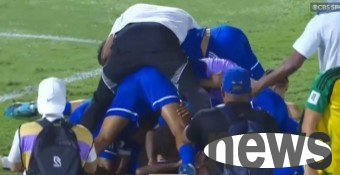
Based on the development of society and the progress of the humanistic world, Curacao's barbaric model has gradually lost its luster. However, an accident occurred at the beginning of the twentieth century and gave them new opportunities. That was the discovery of a large oil field in Lake Maracaibo, which suddenly gave South American countries new opportunities. Relying on its previously accumulated business foundation and port advantages, Curacao quickly attracted the Netherlands to visit again. The Windmill Kingdom established the Royal Shell Refinery here, opening a new business model in Curacao.
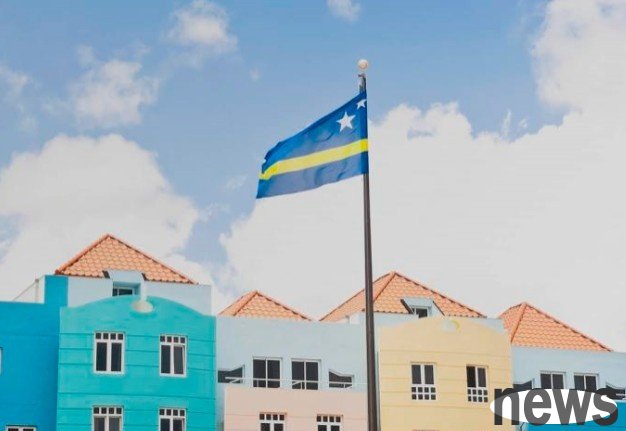
By 1954, Curaçao became part of the Netherlands Antilles, but they still adhered to the oil business model, so they had close ties with the Netherlands. It was not until 2010 that Curaçao completed its independence. However, unlike other colonies, they did not become independent but became an autonomous country of the Kingdom of the Netherlands. Although they enjoy a high degree of autonomy, the Netherlands is still responsible for many key items, such as defense and diplomacy.
Therefore, looking at its historical context, it is very appropriate to call Curacao "Little Netherlands".
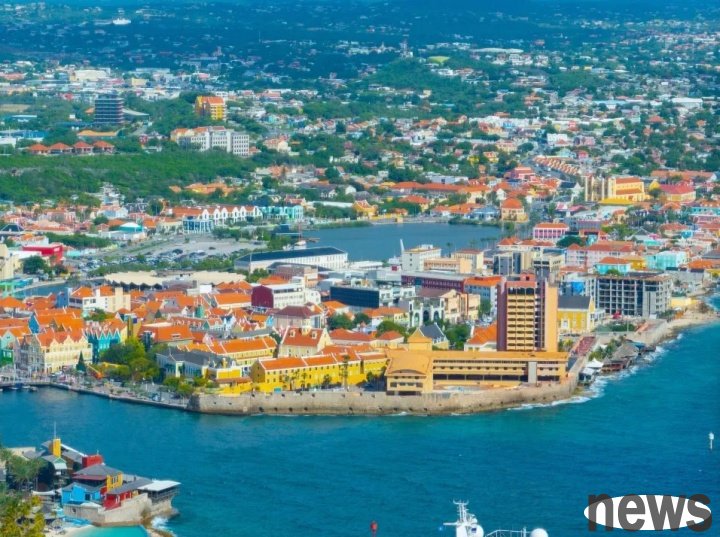
Football development: achieve the goal steadily
Since the population of Curaçao is composed of Africans (slaves), Native Americans (Indians), Dutch (sovereign country), etc., their culture has absorbed the characteristics of various countries. One of his main characteristics is that he has good physical fitness and loves football. Curacao established the Professional Football Association as early as 1921 and joined FIFA in 1932. It is indeed an established member.
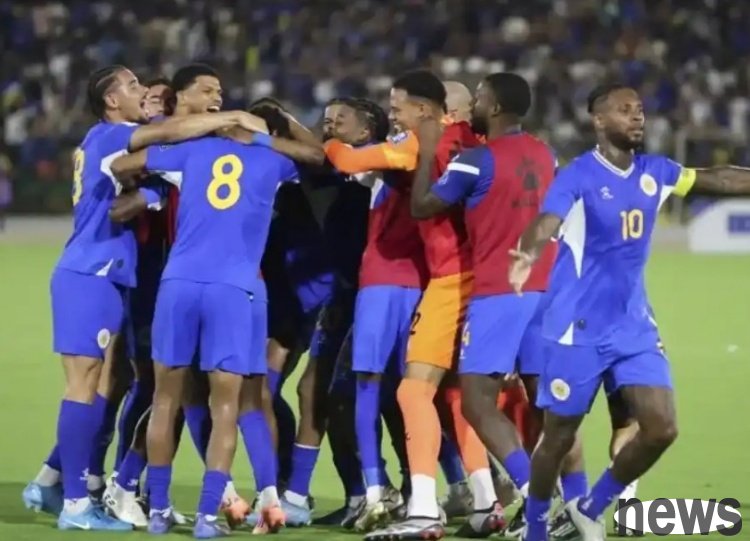
After becoming the Netherlands Antilles in 1954, Curacao played many games under this name, so it can be regarded as having a football foundation. At that time, they were a strong team in Central and North America with good results. However, due to the decline of the Netherlands, local national issues, political turmoil, etc., the development of football slowed down.
After 2000, Curacao regained its past model and once again opened a new story of football career. After becoming an autonomous country in the Netherlands in 2010, Curacao officially returned to FIFA in 2011. This stable situation encouraged them to formally shape a new framework.
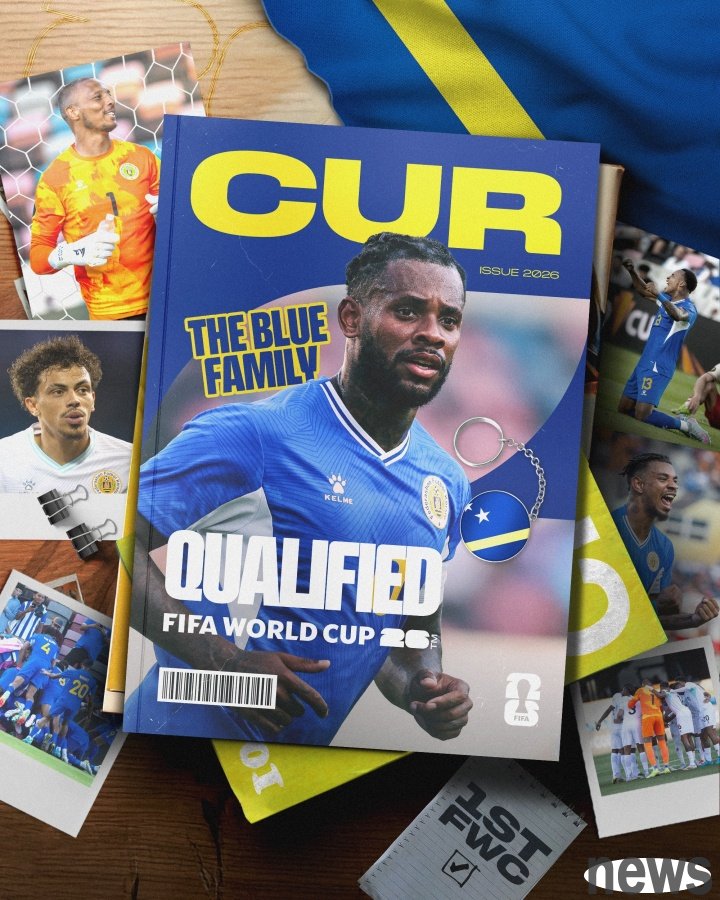
Due to the renewed stance on its relationship with the Netherlands, Curacao also attracted a large number of Dutch players to join this time.. Although the "naturalization model" is a large number of people with the same roots and origins, they have almost no resistance. The language, culture, and past are all too familiar with each other. Compared with the naturalized Dutch players from Indonesia, Curacao (including Suriname) are "our own people".
You must know that the Dutch youth training industry is leading in the entire Europe. They have a lot of talents, and they are basically leading the way in terms of quantity, success rate, and newcomer strength. The main reason is that there are many former colonies to explore. Such as Curacao and Suriname. Previously, many descendants of these two areas envied the prosperity of life in the Netherlands and went to play football in the Netherlands. After that, after their home country gave them the opportunity to vigorously develop football, they quickly returned.
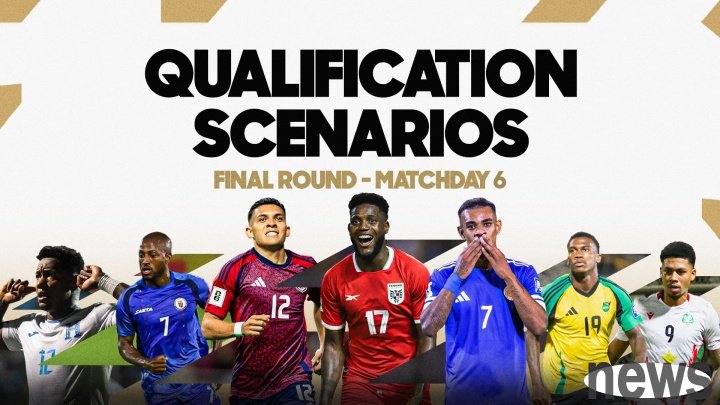
On the one hand, this is a feedback to his home country. On the other hand, the competition in the Netherlands is too fierce. It is several times more difficult to qualify for the Oranje than in Curacao. In addition, Curacao has funding to support salaries and there is no shortage of money, so this multiple-choice question is indeed "not too difficult".
However, naturalization still requires hard work if you want to succeed. Many countries, including Indonesia and China, have also launched similar experiments, but most of them failed. The problem is that their "software" settings are not suitable enough. In contrast, Curacao's steady and steady approach is indeed relatively convincing.
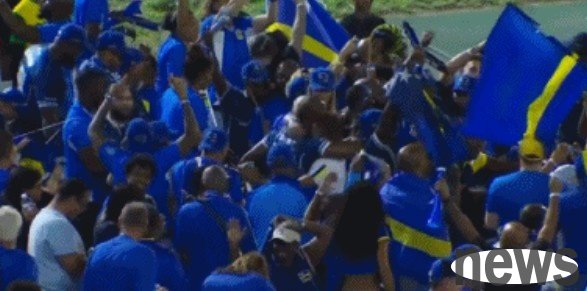
Since 2010, they have started a new naturalization model. However, Curacao started from low-level competitions step by step, and did not set the ambitious goal of "qualifying for the World Cup". Around 2015, they already had a relatively complete echelon system, and the FIFA ranking was upgraded from 150 to less than 100. This was a milestone moment for them and proved that the strategy was reliable.
In 2017, Curacao, which continued to persist, won first place in the Caribbean Cup, shocking the regional football world. This was one of the biggest upsets in football that year. At that time, Curacao had a very complete "Dutch" system. By 2019, in the more advanced CONCACAF Gold Cup, they successfully reached the quarterfinals, and the team's strength improved significantly.
Curacao, having tasted the sweetness, wants to work hard in the 2022 World Cup. However, with too few participating teams, it is indeed difficult for them to have a chance to compete with other strong players. At this point, the opportunity for the 2026 World Cup preliminaries came.
The Curacao Gold Cup once tied with Canada
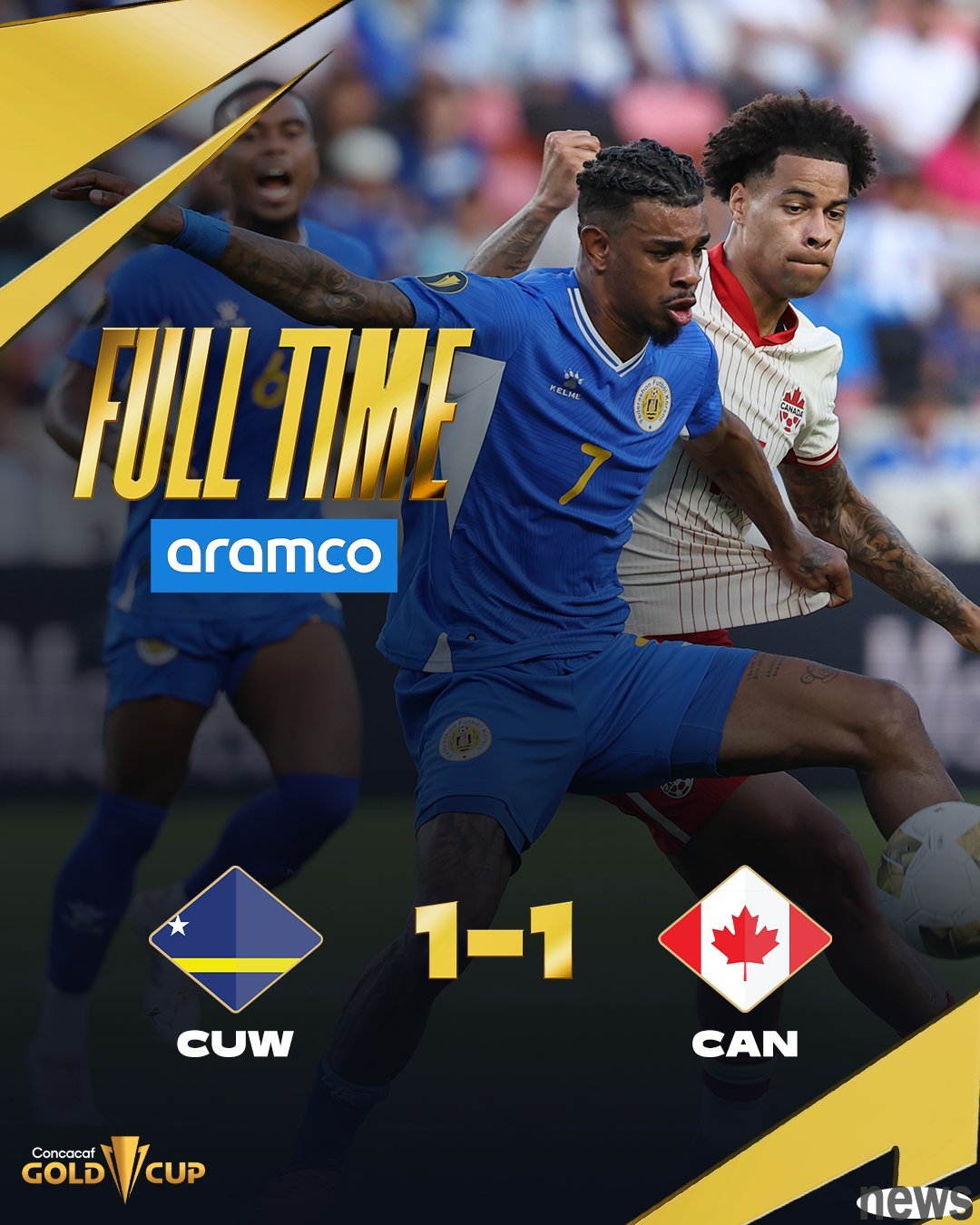
After the expansion, Curacao received the bonus of the version. In the first two rounds, they defeated opponents who were not as strong as themselves and advanced to the final round. Being grouped with Jamaica, Trinidad and Tobago, and Bermuda gives them an advantage. The three teams are ranked 68th, 100th, and 168th in the world, and their strength is close. In this regard, Curacao, who was in good condition, successfully advanced.
Dutch talents shape Curacao's achievements
On this Curacao team alone, there are more than 10 players who have close ties with the Netherlands. Among them, midfielders Hansen, Yunior, and Leandro are three. They play for Middlesbrough, Birmingham, Aston Villa and other teams respectively. They are also products of the Dutch independent youth training. Langlo and Jordi in the frontcourt are young stars produced by Juventus and Dortmund. They are also "naturalized" assistants from the Netherlands.
In addition, the same is true for Chen Dayi (former translator: Zhong Taxi), who is very familiar to Chinese fans. He once worked hard in the Manchester United echelon, and then moved to Luton to continue his career. He is the main attacker of Curacao. Of course, he is of Chinese descent.
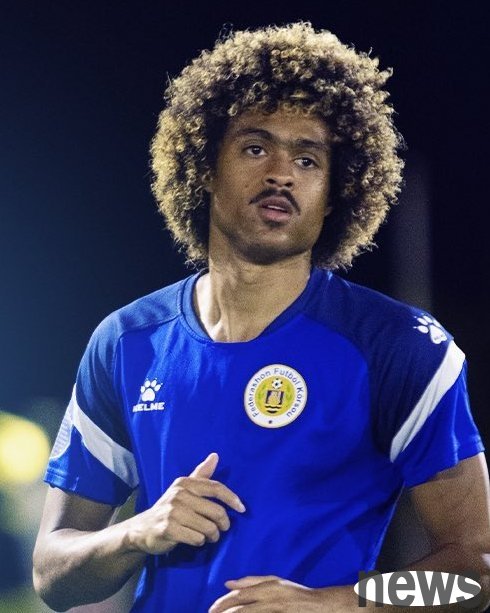
Objectively speaking, this Curacao team has almost no new players at all (all 24 Curacao players in the November World Cup preliminaries were born in the Netherlands). The "pure naturalization" model has helped them succeed, but it has also triggered heated discussions among the outside world. Is this a realization of their football dreams, or does it violate the principle of fairness.
Therefore, it is indeed inappropriate to compare Curaçao with a population of only 150,000. Their base camp is in the Netherlands and Europe.
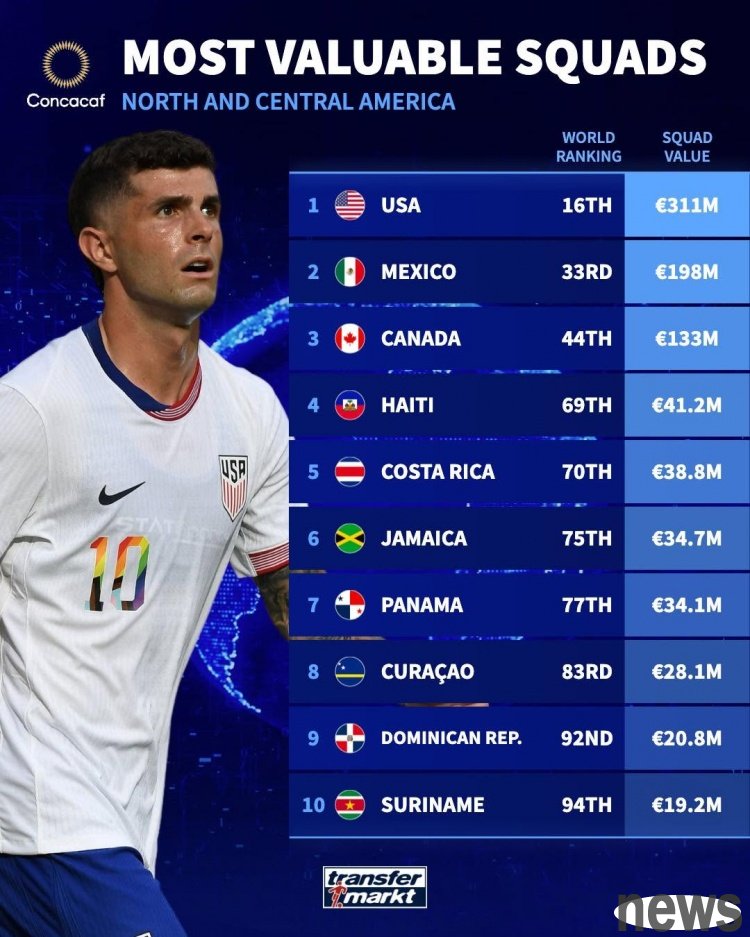
I would like to add here that during the Dutch colonial period in Curacao, including Suriname, many of the laborers were Chinese. Therefore, many of the team members here are of Chinese descent. In addition to Chen Dayi, the same is true for the familiar Liverpool captain Van Dijk. He once disclosed his life experience. His maternal ancestors were laborers from Guangdong. In Suriname, there are also many Hakka people who have lived and multiplied for a long time.
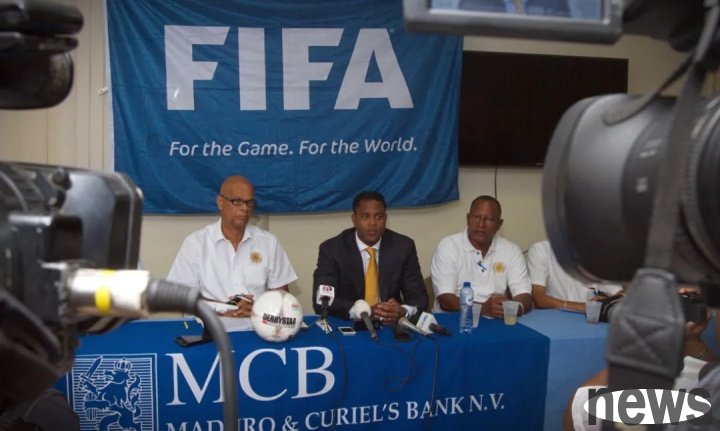
In addition to the players, most of the Curacao coaches are Dutch. For example, Hiddink once coached Curacao, and after Kluivert took over in 2015, he also injected Dutch ideas into them. He also personally talked to many Dutch players and encouraged them to "naturalize" and return. In addition, the current coach of Curacao is also the well-known Advocaat from the Netherlands. Although he is 78 years old, he is still active in football.
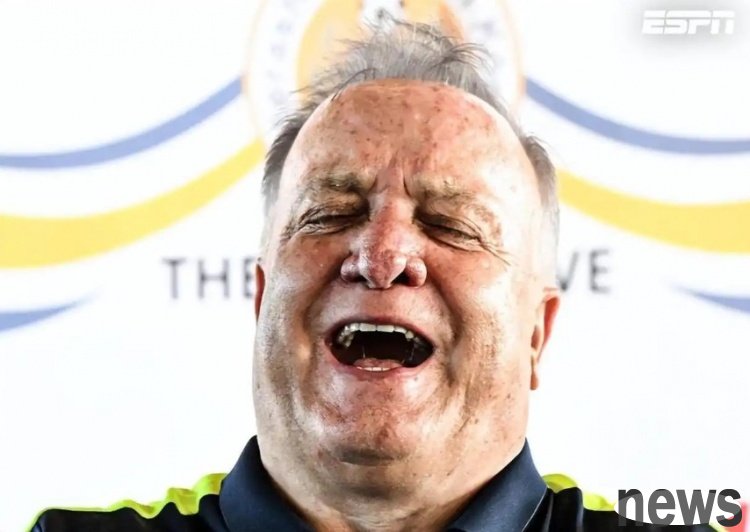
In this regard, there are Dutch people who are exerting their strength in the game, and there are also Dutch people who are strategizing on the bench. This model is indeed too "tulip"!
Conclusion
Using a rather extreme "naturalization" model, Curacao has completed the leap-forward development of its own
football career and stepped onto the stage of the World Cup step by step. They must have enjoyed the dividends of version updates, but their success stems more deeply from their precise strategies and unremitting efforts, which ultimately formed a positive cycle of "God helps those who help themselves." This can be called a successful model driven by the combination of time, location, people and people. The path is unique and difficult to simply copy. The world of competitive sports has always respected the winner and the loser. As for whether Curacao's model is completely fair, and the merits and demerits, it can only be commented on by future generations as "just a joke."
(里濃芃)